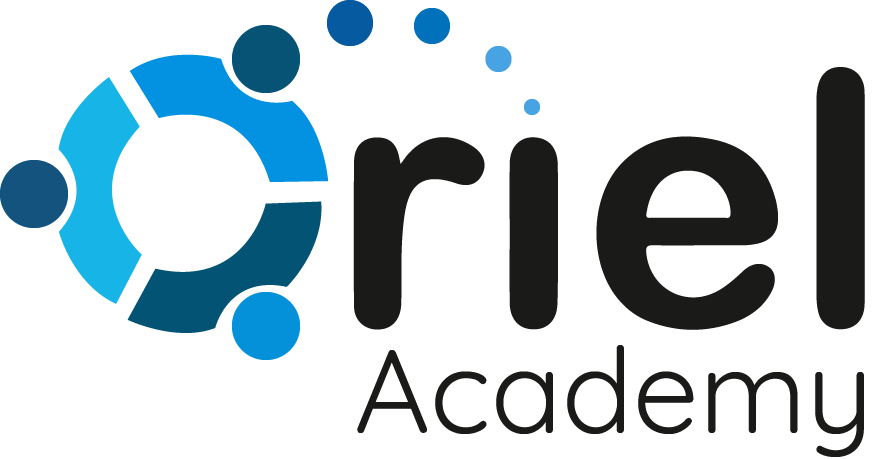In healthcare, trust is everything. Patients aren’t just looking for the closest clinic or the cheapest service. More often, they’re looking for a provider they can count on. One they feel connected to. One that feels human.
So how do healthcare organizations build that kind of trust? One powerful answer lies in Patient Relationship Management (PRM).
PRM goes beyond clinical care. It’s about every message, every follow-up, every piece of education and support a patient receives. And when done right, it can turn a one-time visit into a lifelong relationship—creating the kind of loyalty most healthcare brands dream of.
Let’s dive into how PRM helps patients not only stay engaged, but stay loyal.
What Does Loyalty Look Like in Healthcare?
Loyalty in healthcare isn’t just about coming back to the same doctor or hospital. It’s about:
- Patients referring others through word-of-mouth
- Positive reviews and testimonials
- Lower no-show rates
- Higher treatment adherence
- A lasting relationship with your organization
In short, it’s about patients choosing you—again and again—because they trust you. PRM helps make that happen.
1. Consistent Communication Builds Familiarity
Imagine receiving helpful appointment reminders, friendly check-in texts, and personalized health tips from your care provider. You’d probably feel more connected, right?
That’s what PRM makes possible. Whether it’s a post-visit follow-up, a seasonal health update, or a birthday message—consistent, thoughtful communication helps patients feel remembered and valued.
And that familiarity creates comfort. Over time, it becomes a relationship—not just a transaction.
2. Personalized Care Shows Patients You See Them
We all want to feel like we matter. PRM tools help healthcare teams tailor communication based on a patient’s medical history, preferences, and lifestyle.
It could be as simple as sending flu shot reminders to at-risk patients or sharing recovery tips based on a recent procedure. These small acts of personalization go a long way in showing patients that their care isn’t generic—it’s designed just for them.
And when patients feel seen, they’re far more likely to return—and recommend you to others.
3. Real-Time Support Strengthens Trust
One major reason patients switch providers? Lack of support or poor responsiveness.
PRM helps bridge that gap. From live chat options to quick answers via email or app notifications, patients can feel supported without the long wait or confusion.
Fast, clear responses build trust. And trust is the foundation of loyalty.
4. Empowered Patients Become Engaged Patients
PRM gives patients access to their medical records, treatment plans, lab results, and other tools to manage their health better. When patients feel informed and empowered, they become more involved in their care.
This engagement creates a deeper connection between the patient and the provider. It also reinforces a sense of partnership—“We’re in this together”—which encourages patients to stick with the brand they trust.
5. Acting on Feedback Makes People Feel Heard
Nothing builds loyalty faster than listening—and responding.
With PRM, feedback collection becomes part of the process. Whether it’s a short survey after a visit or a review request after treatment, these touchpoints help you understand how patients truly feel.
More importantly, when patients see that you’re making real changes based on their feedback, it sends a powerful message: You care for them and their welfare.
6. From First Impression to Lifelong Connection
A great first visit matters—but what happens after that matters even more. PRM ensures that patients don’t just walk away with a prescription. They leave with a sense of connection. And that connection continues, building trust over time.
From onboarding emails to health check-ins and birthday greetings, PRM helps your brand stay top of mind—in the best way.
Loyalty Is Earned, Not Assumed
In today’s competitive healthcare world, offering excellent treatment is only the beginning. Patients want to feel cared for, listened to, and respected. They want a provider that stays with them—not just during illness, but through every stage of health.
Patient Relationship Management is your tool to build that kind of loyalty. It’s about turning good care into great relationships—and those relationships into long-term trust.
Because when patients feel truly cared for, they don’t just come back. They bring others with them.
If you want to create stronger, lasting relationships with your patients? Let’s explore how a personalized PRM strategy can help you build loyalty, trust, and long-term growth.
Reach us out today at Oriel Academy





